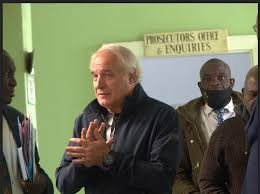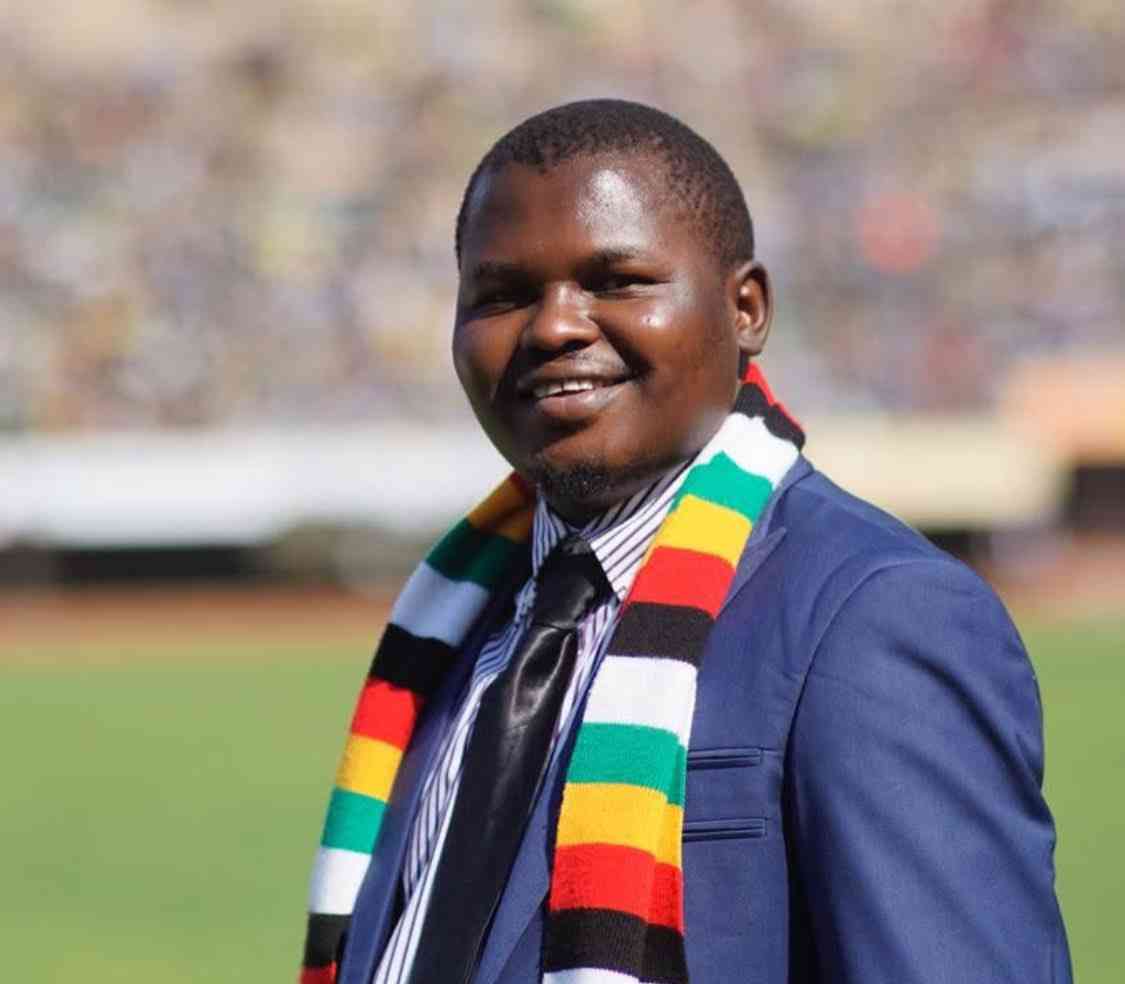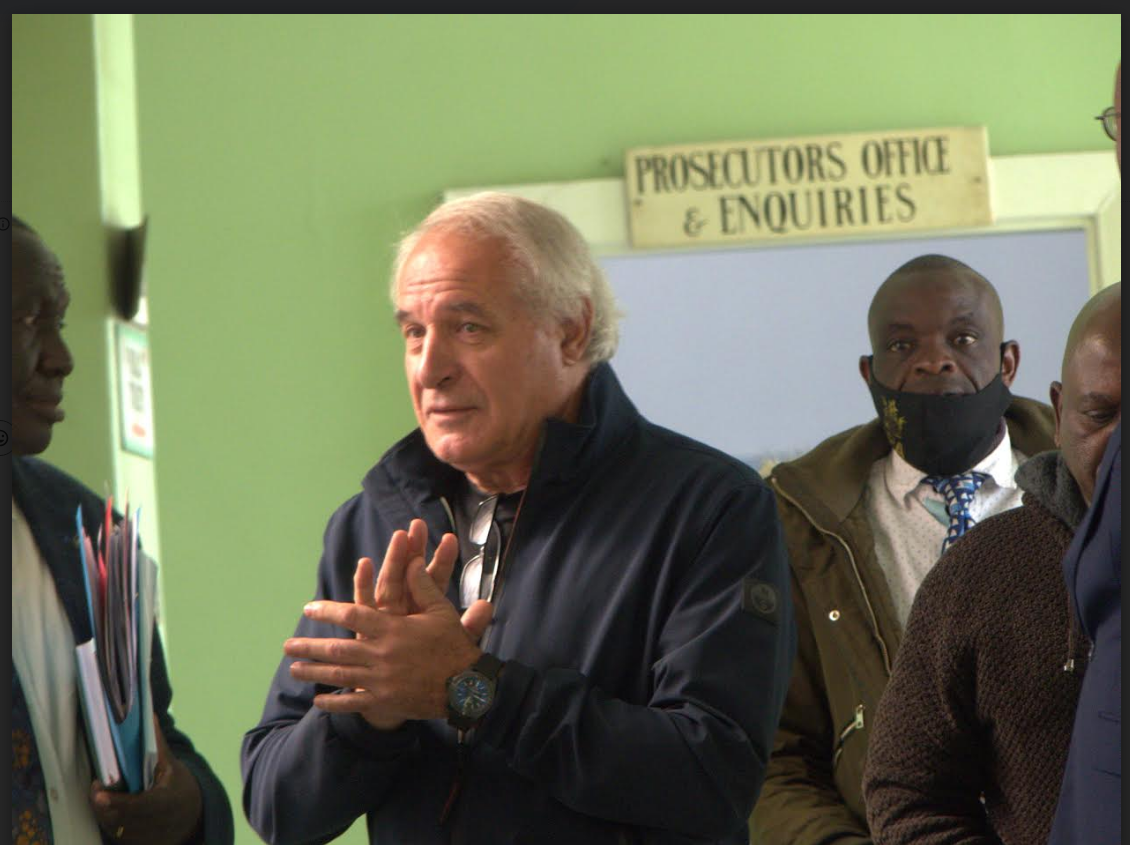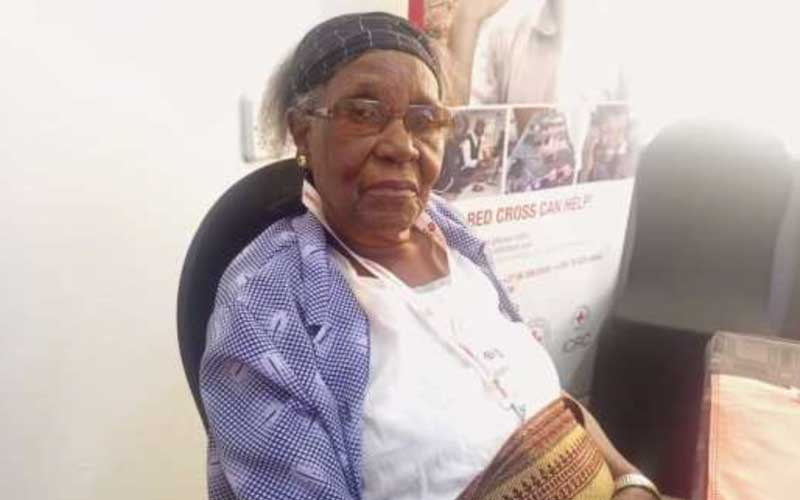
A sombre atmosphere pervaded the room where relatives of missing persons sat and shared heart-rending tales of how they lost contact with their family members who disappeared without trace.
With pain visibly drawn on their grim, disillusioned faces, they recounted their different experiences, all tales that carried the pain and hopelessness that they suffered over many years – the deep wounds that nobody has healed from.
Most of the people that disappeared left home in search of greener pastures.
Their search carried them out of the country during the period between 2008 and 2009. Zimbabwe offered no job; no life for anybody.
It was a period where economic misery was aggravated by wanton political violence.
A lot of people skipped the country’s borders and many of them were never seen again.
But it is African custom and belief that unless their body is found and buried, nobody is assumed dead.
So, to date, relatives of these people that left home way back in 2008 say they are still alive and will pitch up one day.
- Accident, piracy affected my career: Zembe
- NGO sets project to tackle child marriages
- News in depth: Zimbabweans choke under weight of worsening service delivery failures
- Accident, piracy affected my career: Zembe
Keep Reading
Deep down though, many may be losing hope and, although they will not say it, they fear these people are likely dead.
The Zimbabwe Red Cross Society recently convened a meeting of relatives of missing persons on the 3rd International Conference for families of missing persons in Harare.
The conference was well subscribed and many relatives that attended said although reality seemed to indicate that there is no hope, they remained holding onto whatever slim chance there may be of reuniting with their lost relatives.
Gogo Deliwe Shomwe from Epworth is finding it difficult to accept that her grandson, Hope Mafema, could have died in neighbouring South Africa where he had gone in his quest for a better life.
“I am finding it difficult to understand what really happened to my gentle and quiet Mafema,” Shomwe said.
“He was a well-mannered child who had a bright future ahead of him.”
She said Mafema had promised to build her a better house in their rural homestead in Seke once he settled well in the neighbouring country.
“I then heard he changed his name on his way to South Africa,” she said in tears.
“They say he had adopted his father's surname, which I don't even know because I never learnt of his paternal grandmother's side.”
Mafema was her ray of hope and her last reminder of her daughter who died when Mafema was just a toddler.
Shomwe said her grandson was never told who his father was and news that he had changed his name was a shock.
“I have been searching for him for the past 14 years, sadly there is no clue especially as I don't know the name he is using now,” she said.
“But I will not rest. I will keep looking for him until I find his corpse.”
She has pinned her hopes on the Red Cross’s efforts to locate her grandson, but is slowly losing the confidence that she will find him alive.
Another Epworth resident, Cathrine Chikweme (66) lost her third son, Prosper Chikweme, who left for South Africa in search of a better life and disappeared.
Chikweme has not accepted the possibility that she may not see him again. As she recalled her loss, the tone of her voice betrayed a wound that was too deep to heal.
She continuously fought back tears while relating events from the time Prosper left the country in 2008.
“He had a good job but because of a dying economy, he made a decision to leave his job and his family to go to South Africa,” Chikweme said.
Prosper took his wife with him, but he left the rest of his family behind.
“They left their son in my care. During the first few months, they would call and send some money for the upkeep of their son,” she said.
“Suddenly they went quiet.
“After many months, my daughter-in-law came back and said they had settled well and they wanted to take their son to live with them in South Africa.
“She took their son and left and that was the last we saw or heard of them for several months.”
She later learnt that the two had actually separated and that when she came to collect their son, her daughter-in-law was actually not going back to her husband.
She was never to hear from her son or daughter-in-law again.
She, however, remains hopeful of a reunion.
Chikweme was high with expectations that one day the people from the Red Cross will locate Prosper and bring him back home.
“I can never believe he is dead,” she said. “I have a feeling he is somewhere out there working for a better life and will return to us one day.”
Also to share a painful loss was Charles Ngano who lost his sister, an experience he is finding difficult to come to terms with.
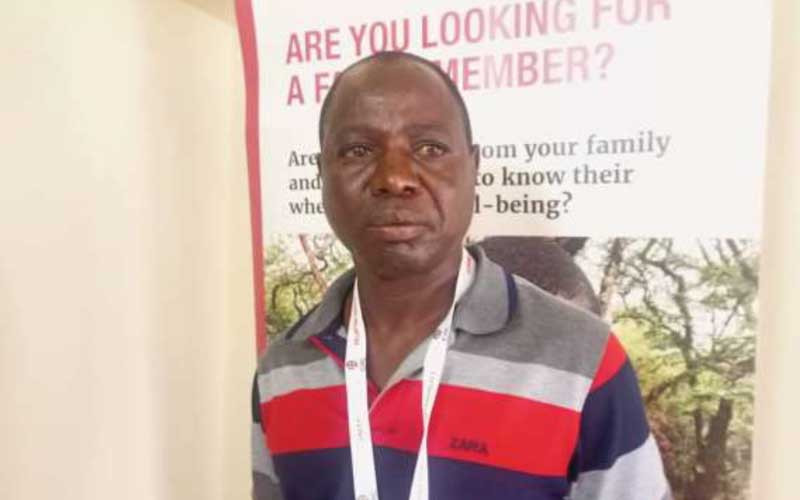
His main expectation is to either see his sister alive or be shown her grave, although the latter is not something he contemplates.
“We lost our parents in her absence, she is the eldest in our family of eight,” he said tearfully.
“There are a lot of things that need her guidance and losing her is difficult to accept.”
Ngano has also put trust and hope in the Red Cross finding his sister.
He is optimistic of a day she will walk into their house announcing her return.
Gogo Rudo Nyakuni is also nursing a wound difficult to heal over the loss of her niece Melba who has been missing for 15 years.
She left two children behind.
Margareth Ruzive, the programmes officer Migration and Repatriation Services in the Public Service Labour and Social Services ministry, said efforts were underway to help track down the missing persons.
“I hope we will be able to jointly look for our missing relatives. It is my hope that as a country we will be able to come up with a more advanced solution to look for missing migrants,” she said.
She said the recent repatriation of women who had been trafficked to Oman ladies showed that the ministry was concerned about the plight of missing persons.
Zimbabwe Republic Police assistant commissioner Crispen Lifa said it was their mandate to ensure that thorough investigations to track missing persons are carried out.
Lifa urged citizens to report all cases of missing persons to facilitate investigations.
“Whether it's a missing person within the borders of Zimbabwe or it’s a missing person beyond the borders, police officers are there to assist and investigate,” he said.
“In most cases when we are dealing with someone who has gone beyond the borders, we engage the Interpol and they ensure that they make follow ups.”
Zimbabwe Red Cross Society secretary general Elias Hwenga said the missing persons event marked a significant milestone in their joint efforts to provide support and crucial information to families going through the heartbreak of having lost their loved ones.
“This conference offers a unique opportunity for families to be part of a global solidarity network, providing strength through unity,” Hwenga said in a speech read on his behalf by the society’s human resources and administration director Geshum Hombarume.
“This platform will also provide a chance for dialogues with Red Cross and Red Crescent practitioners globally, allowing an understanding of search processes and associated challenges.”
In July last year, the ZRP said 974 people were reported missing during the first half of the year, with some cases involving individuals duped by scammers who promised them jobs on foreign lands via social media.
Data obtained from police last year shows that 700 of those reported missing were later located after the intervention of the police.
In 2021, 1 031 cases of missing persons were filed with the police before 829 of the cases were closed upon location of the individuals.

